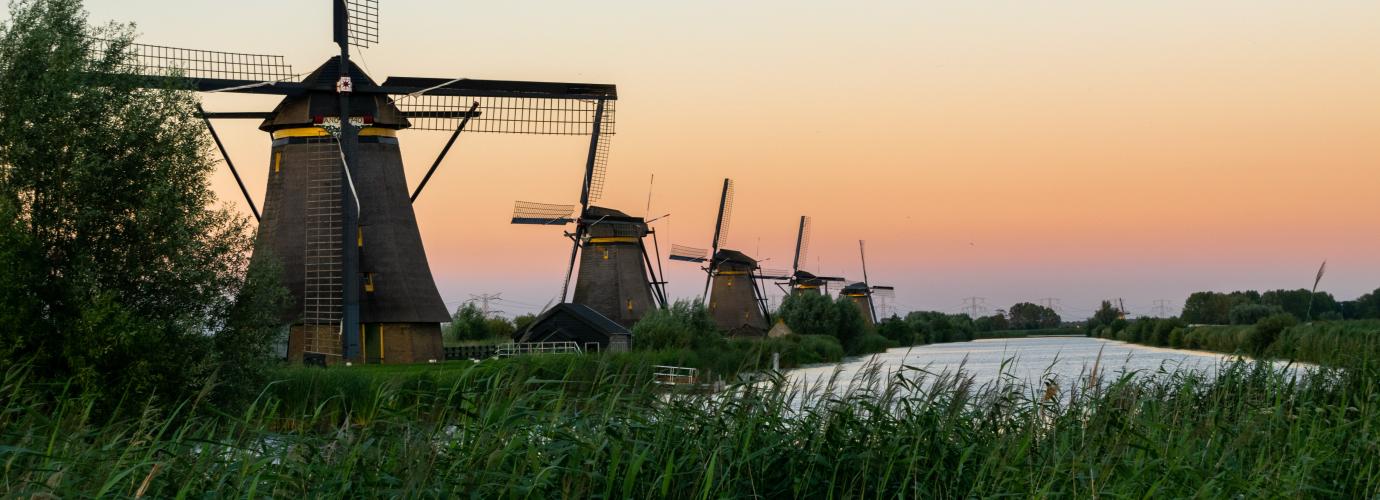Organisation of fully private education
Privately run schools are according to the Dutch constitution equivalent to publicly run schools. Besides these two forms of education fully private education exists.
Fully private education is non-governmental financed education. This sector of education is financed by third parties, including pupils or students. The costs of participation in fully private education are in general higher.
Anyone can start a fully private school, but a fully private school for primary or secondary education can only teach pupils in the compulsory age if the Ministry of Education, Culture and Science recognizes the school. For fully private schools in vocational and adult education and in higher education this recognition is not obligatory. In order to be recognized the fully private school must send the articles of association and regulations to the Minister within 4 weeks after the foundation of the school. Fully private schools have to comply with quality standards, assessed by the Dutch Inspectorate of Education.
There are various types of fully private education:
- International and foreign schools. These schools are exclusively intended for pupils with a non-Dutch nationality
- B2 schools: fully private institutions specialized in preparing pupils – and adults - in secondary education for examinations.
- B3 schools: fully private schools for primary and secondary education, in organization similar to grant-aided schools
- Homeschooling: with permission of the school attendance officer parents/guardians can get exemption of the obligation to have their child enrolled in school
- Private schools for vocational education, adult education and higher education. These forms of education are quite common in the Netherlands. The Ministry of Education, Culture and Science publishes a survey of acknowledged institutes.

